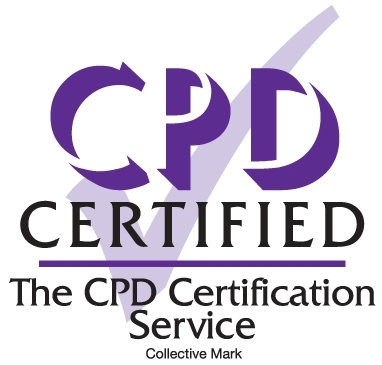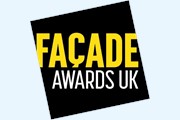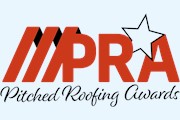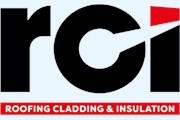2021 Seminar Programme
28-29 September 2022 | Stadium MK, Milton Keynes
The RCI Show is committed to bringing you emerging industry trends and topics from speakers at the forefront of their fields.


Technology specialists and industry experts will deliver a series of pre-bookable keynote conference sessions and panel debates on both days within a conference theatre on the show floor.
CPD accredited workshop seminar sessions allow you to earn CPD for free with content delivered by leading manufacturers.




